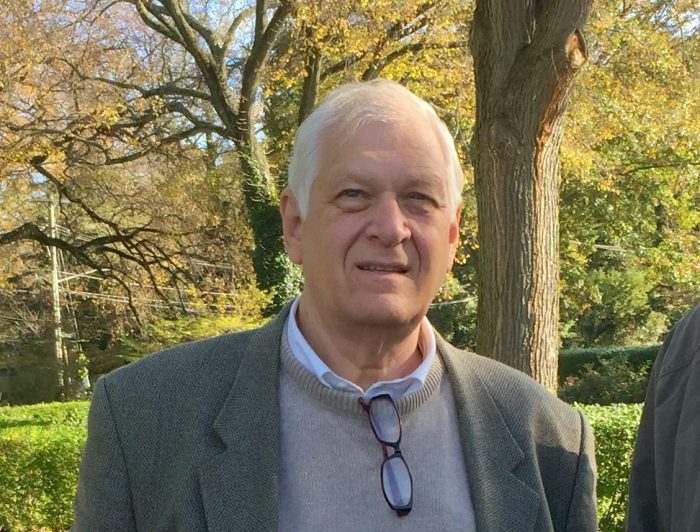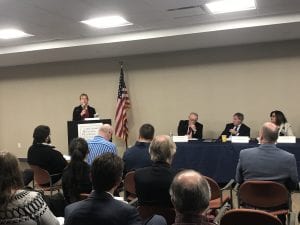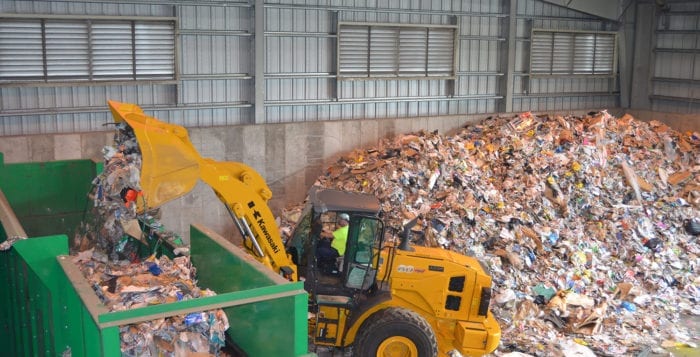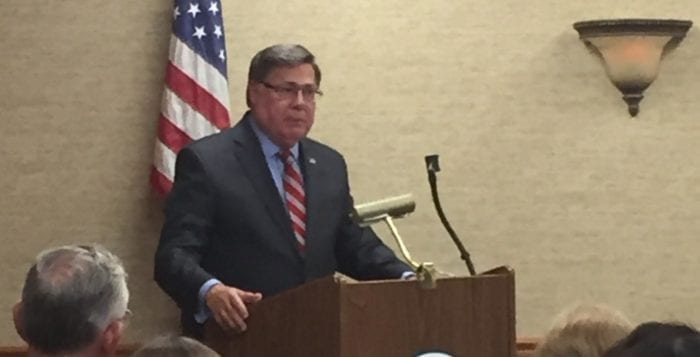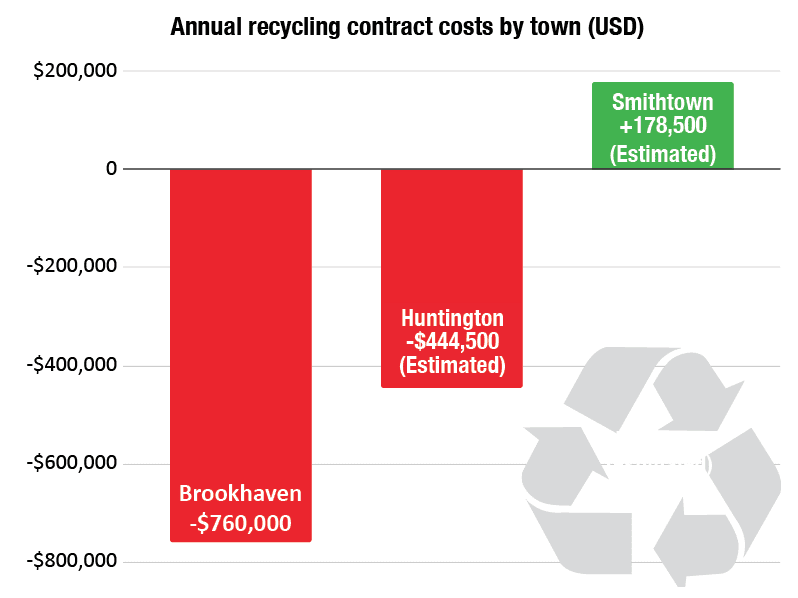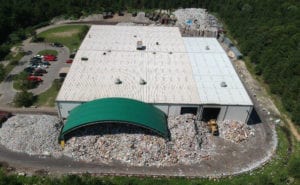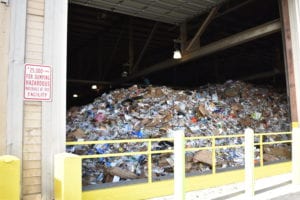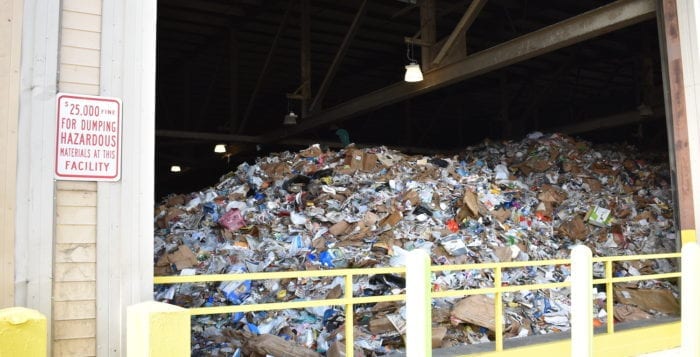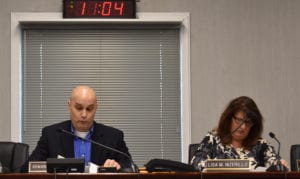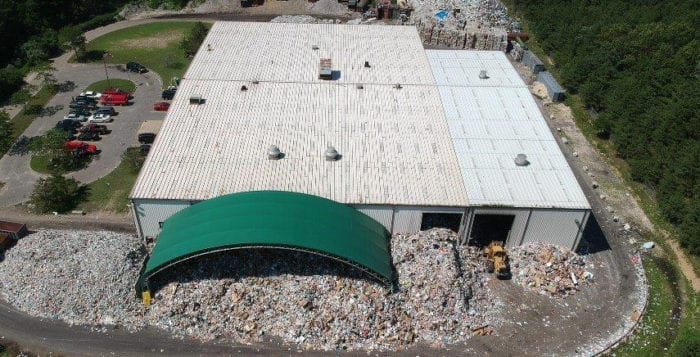In 2020, state Assemblyman Steve Englebright (D-Setauket) maintained his seat in a race against Michael Ross, a local lawyer and former Suffolk County assistant district attorney. With nearly 30 years behind him as an assemblyman, Englebright is hitting the ground running in 2021.
COVID-19
While the assemblyman has a list of priorities for 2021, the COVID-19 vaccine rollout is at the forefront of his mind. He said in a phone interview that the state’s vaccination rollout protocols need to be addressed in regard to issues such as identifying more vaccination sites, making registering easier and allowing couples to sign up together.
He added more locations should be utilized such as chain and privately owned pharmacies, local school gyms and even National Guard facilities.
“It really is held up right now by a lack of imagination and proper use of technology that’s available,” Englebright said, adding that even having people answering the state hotline would be helpful.
He noted not having enough of the COVID-19 vaccines also exacerbates the problem.
“I think there’s always little bureaucratic things that discourage people, and the object of this exercise is to vaccinate as many people as possible and achieve herd immunity and return to normal at some level,” he said. “Especially, before these new variants come in from Brazil, South Africa and London.”
Infrastructure
Englebright has been keeping his eyes on Route 347 and the Long Island Rail Road.
While roadwork on Route 347 in the Smithtown area was completed a few years ago, Englebright would like to see the road improvements continue through Port Jefferson Station. The assemblyman is making sure the completion of the roadwork is a priority.
“This is important for the operation and quality of life for the Port Jefferson Station community,” Englebright said. “If I can move it up and accelerate the improvement, I’m going to try to do that.”
Englebright is also a proponent of full electrification of the LIRR Port Jefferson line, and in 2019 was part of a press conference speaking out against the railroad purchasing more diesel engines.
He said electrification will be a “game changer,” raising the values of homes, attracting more people to use the railroad and creating less pollution.
“We’re working with late-19th century, early-20th century models for rail, and the time has long passed — we need to upgrade them,” he said.
PSEG Long Island
Englebright said a closer look is being taken at PSEGLI. Many have been disappointed with the utility company, he said. Recently, many of its top executives were pulled off of Long Island issues and sent to Puerto Rico to try to acquire big contracts for rebuilding the Caribbean island’s hurricane-ravaged electrical infrastructure.
Englebright said the Long Island Power Authority board is moving toward full municipalization of the utility company, something he has been pushing for since 1983 when he was a Suffolk County legislator.
“I’m still of the opinion that moving to full municipal ownership would give more accountability and more stability in terms of our ratepayers obligations,” he said.
Recycling
Englebright along with state Sen. Todd Kaminsky (D-Long Beach) is co-sponsoring legislation regarding recycling and creation of waste related to packaging which will extend producers’ responsibility. The goal is to boost recycling, curb waste and save tax dollars. Englebright said the responsibility of recycling packaging and paper products will shift from local governments to corporations.
Locally, it could mean that the Town of Brookhaven could extend the life of its landfill, which is slated to close in 2024 and was negatively affected when China stopped taking America’s plastic waste in 2018. The request to reduce landfill waste is one that comes from towns all over the state, according to the assemblyman.
“One-third of the waste going into the landfill is for packaging,” Englebright said. “So, if we can help extend the life, the useful life of our landfill, it will save our taxpayers millions.”
The assemblyman added that “we’ll just be more responsible if we put the responsibility for packaging onto the manufacturers.”
“If we create an incentive for the manufacturers to reduce the amount of waste and standardize the type of plastics that they use to use recyclable plastics, such as polyethylene instead of polyvinyl chloride, the work of the town becomes much, much less stressful,” he said.
Climate Leadership and Community Protection Act
Englebright said implementing New York State’s Climate Leadership and Community Protection Act, which was passed in 2019, is a priority. The act sets to legally binding emissions reductions’ standards with the goal of eliminating dependence on fossil fuels by 2050. The act sets a goal to reduce emissions by 85% below 1990 levels by 2050. An interim target is at a 40 percent reduction by 2030. The remaining percentage of emissions will be offset by actions such as planting trees, which removes carbon dioxide out of the air, to reach net zero emissions.
An original sponsor of the legislation, Englebright is encouraged by President Joe Biden’s (D) commitment to do the same and U.S. Sen. Chuck Schumer (D-NY) also being a proponent. Englebright is further encouraged by Biden moving toward incentivizing electric automobiles which was followed by General Motors announcing it’s going to phase out internal combustion engines by 2035 and move into the electric vehicle arena.
“All of that is within the framework of what we went through at the state legislative level,” Englebright said. “We had a debate basically for four years before Todd Kaminsky became the chair in the Senate and was able to move the bill.”
Restore Mother Nature Bond Act
The state’s $3 billion Restore Mother Nature Bond Act was announced in the state budget in 2020 but was pulled from the November ballots due to the pandemic’s impact on New York’s finances. Englebright said it’s important to get back to implementing the legislation which will fund critical environmental restoration projects in the state — including restoring fish and wildlife habitats, preserving open spaces and enhancing recreational opportunities and prepare New York for the impact of climate change and more.
The bond act would help advance the Climate Leadership and Community Protection Act.

